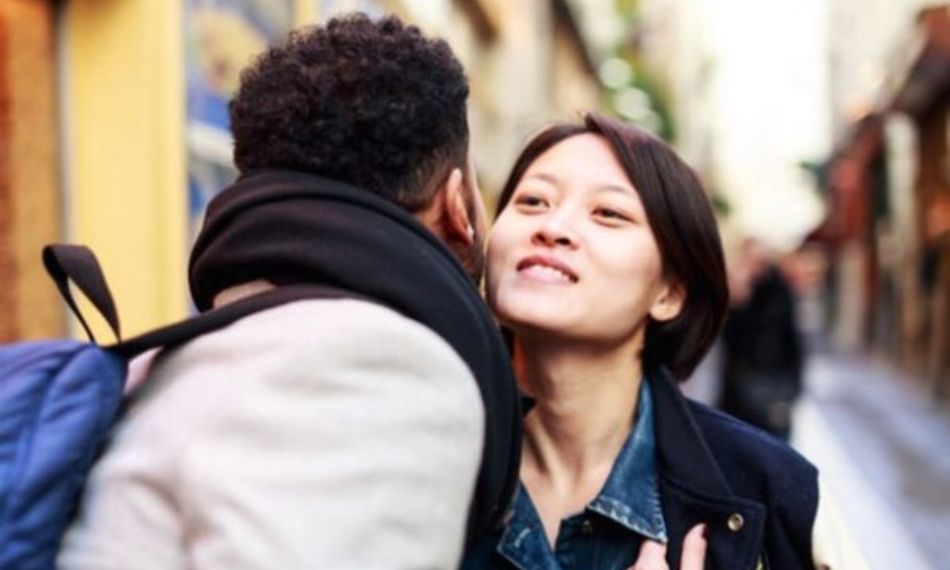Common Ways to Say Hello in French

Learning how to say hello in French is essential for sounding natural in everyday conversations. Once you’re confident with greetings, you might also want to learn how to respond politely with “you’re welcome” or greet someone in the afternoon using “good afternoon” to keep things culturally smooth.
Bonjour
“Bonjour” literally means “good day” and is the go-to greeting in French-speaking places. You can use it in nearly every situation, from walking into a shop to saying hi at work. It’s polite, universal, and a great foundation for any new French speaker.
Salut
“Salut” is the casual way to say hi in French language when talking to friends or peers. You shouldn’t use it with someone you’ve just met or in formal contexts. It gives off a chill, friendly vibe that’s perfect for relaxed conversations.
Coucou
“Coucou” is playful and super informal. French people use it with close friends, lovers, or kids. It’s like saying “hey hey!” in English. You probably won’t hear it in a meeting, but you’ll definitely see it in texts or DMs.
Allô
“Allô” is strictly for phone calls in the French language. When answering the phone, especially in formal or business calls, people say “Allô?, but never use it in person. If you’re in Quebec, though, expect to hear it used more flexibly.
Bonsoir
“Bonsoir” replaces “Bonjour” in the evening and means “good evening.” French speakers usually start using it after 6 or 7 p.m. It’s polite, formal, and helps you transition into nighttime social settings with class. You’ll hear it a lot at dinner parties or events.
Contextual Usage of French Greetings

Understanding how to say hello in French depends heavily on context, like how formal the situation is, what time of day it is, and even which region of France you’re in. When you can get the context, you’ll also find it easier to say things like “Nice to meet you” or send the perfect “Happy new year” wish in French during the holidays.
Formal vs. Informal Situations

In formal situations, like the workplace or official meetings, French speakers use polite greetings like “Bonjour” or “Bonsoir.” These expressions show respect and professionalism. On the other hand, informal greetings like “Salut” or “Coucou” are reserved for friends, peers, or younger people – it starts with reading the room.
Time-Specific Greetings

French greetings often depend on the time of day. You should use “Bonjour” from morning until evening, and then switch to “Bonsoir”. Greetings like “Salut” can be used anytime, but are less common in professional settings. You’ll sound even more natural if you pair these with phrases like “Thank you” in French when appropriate.
Regional Variations

In France, the way people greet each other varies by region. For instance, in the South, greetings like “Bonjour” are often more enthusiastic and drawn out. Meanwhile, in Quebec, people sometimes use “Allô” in person, not just on the phone. These variations reflect cultural nuances and can change how to say hello depending on where you are.
Conclusion
So, how do you say hi in French language? It all depends. Whether it’s “Bonjour” at work, “Salut” to a friend, or “Allô” on the phone, French greetings adapt to the moment. Mastering these simple words goes a long way in helping you sound more natural and respectful in conversation.
Want to learn more than just hello in French language? Start to learn French with GuruLango now!